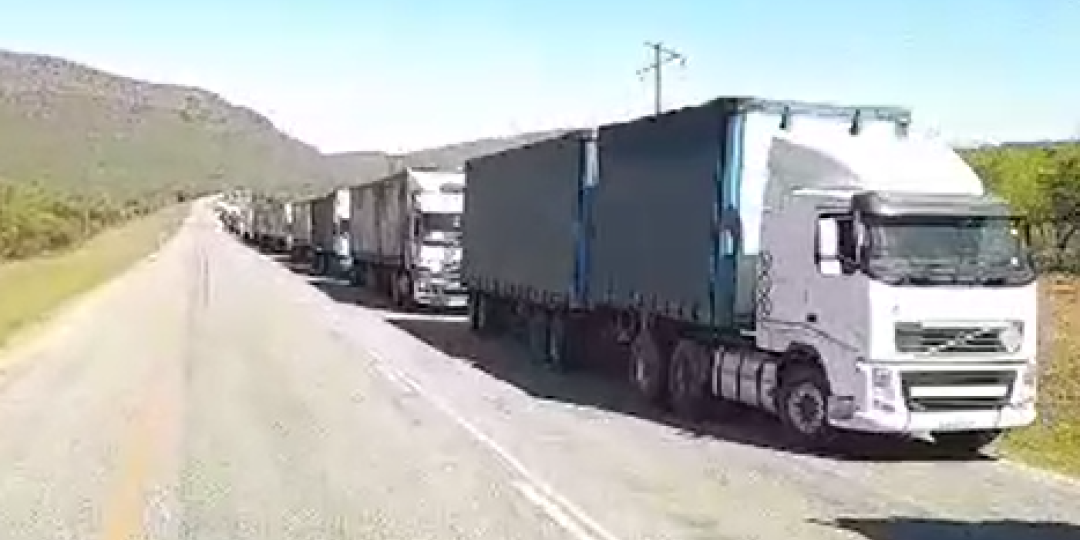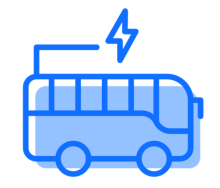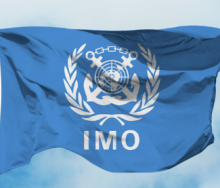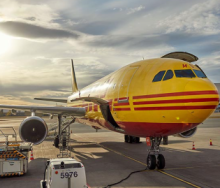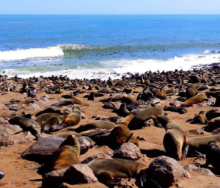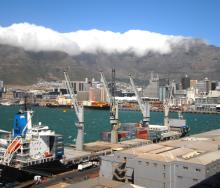Border backlogging at the various land entry points into Botswana continues to hold back road freight into the landlocked country following the implementation of a new per-item customs declaration procedure that has resulted in excessive cargo clearing delays.
While the Unique Consignment Reference (UCR) system is essentially aimed at curbing smuggling and under-invoicing by in-transit operators, Botswana-bound cargo has also been affected by the build-up of trucks at the various border posts.
The divisional director of clearing and forwarding at Value Logistics, Stephen Segal, said the cargo they sent from South Africa sometimes took four days to get into Botswana.
All cargo being equal, no exception is made between in-transit loads travelling on the Trans-Kalahari Corridor (TKC) connecting South Africa with Namibia through Botswana, or exports heading to metropolitan areas like Gaborone, for example.
As for loads heading to destinations like Windhoek from Gauteng, Segal said Value bypassed Botswana altogether, preferring for the time being to enter Namibia via the Northern Cape’s Nakop-Ariamsvlei border.
Last week, Michael Henning of Easy Clear said avoiding the TKC had become somewhat of a trend as Botswana's insistence that each and every item had its own received-in-transit (RIT) line entry had made it very difficult for transporters.
Segal said permits issued for time-sensitive cargo often expired by the time loads finally reached border gates into Botswana.
Because of the impact that the URC procedure has had on TKC business interests, the Corridor Secretariat convened a meeting earlier this week between various stakeholders, including officials from the Botswana Unified Revenue Service (Burs).
Freight News understands that Burs has acknowledged the impracticality of individual RIT line entries, and has agreed to revert to one customs entry per consolidated general cargo load travelling through Botswana.
However, this could not be confirmed.
What has emerged out of the meeting – and confirmed by various road freight sources – is that all cargo entering Botswana will henceforth have to be precleared.
The extent to which this has been communicated to the cross-border cargo industry isn’t clear. In the past, such measures have often proven futile as unscrupulous operators continue to send uncleared loads to border transits, thinking that bribery will save time.
More often than not they find the necessary border personnel looking for supplementary income.
Segal said one of the main problems of the current congestion was the lack of systems integration.
“The Asycuda cargo clearing system used by countries like Namibia, Eswatini and Lesotho is well entrenched and easy to use.
“When we create an export entry in South Africa we create the export while simultaneously creating the import entry into these three countries, simultaneously uploading all the information without having to recreate all the entries. With Burs you can’t do that. You have to recreate the entries for Botswana and then submit them to Customs. It has caused significant delays.”
He said if there was harmonisation across the board between the various inland revenue services, especially in view of import and export clearances matching up, speed and efficiency could be worked into the system.
Apparently, Burs and the SA Revenue Service have agreed in principle to look at implementing a single-window system between the two countries, although this could also not be confirmed.
If this is indeed the case, it’s not going to happen overnight.
In the meantime, amidst all the talk about what’s being done to un-make the mess created by officialdom in Botswana, transporters remain stuck at the borders for days, experiencing shrinking profits while running costs escalate.
And then there’s the plight of long-distance drivers, having little if any extra ablutions and amenities while they’re stuck in their trucks in soaring temperatures.
